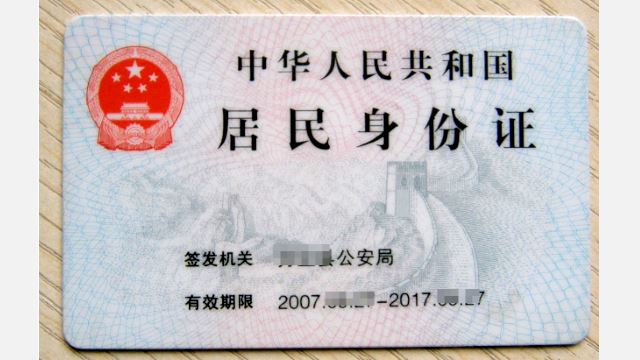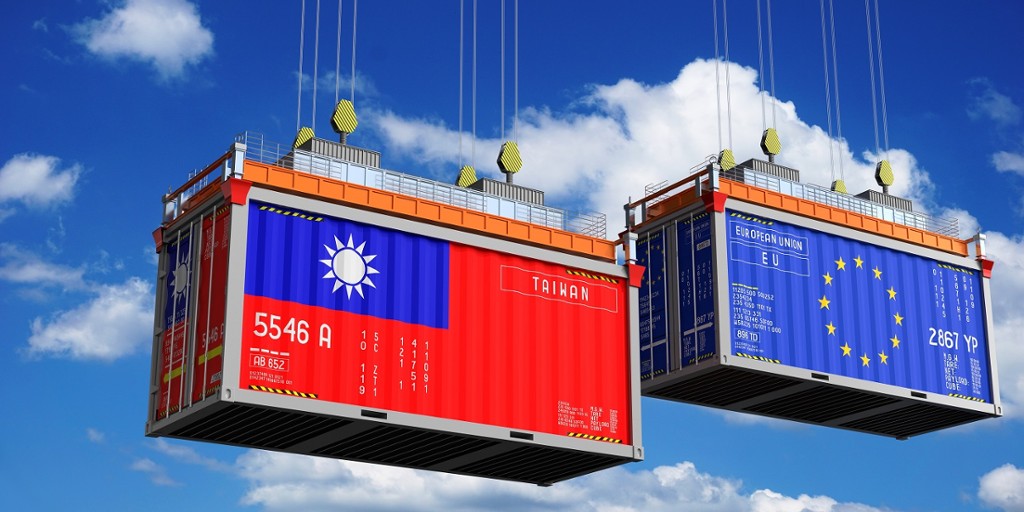by Martib Haffner Associate Editor
Taipei, Taiwan – In a move aimed at safeguarding its sovereignty and national security, Taiwan’s government is intensifying its crackdown on businesses and individuals assisting Taiwanese citizens in obtaining Chinese identity cards. The measures, recently announced and implemented, reflect growing concerns over potential risks associated with dual citizenship and Beijing’s increasing influence in the region.
The core of the crackdown targets entities that facilitate the application process for Chinese identity cards, known as Resident Identity Cards (RICs). This includes companies that:
- Provide application services: Assisting Taiwanese citizens in gathering necessary documentation, completing application forms, and navigating the bureaucratic processes involved in obtaining a RIC.
- Offer logistical support: Arranging travel to mainland China for application purposes, providing accommodations, or offering legal advice related to the process.
- Act as intermediaries: Connecting Taiwanese citizens with individuals or organizations in China that can assist with the application.
The government has stressed that these activities are being scrutinized due to potential national security implications. While holding a Chinese identity card does not automatically equate to a loss of Taiwanese citizenship, it does grant certain rights and obligations within China. This raises concerns about:
- Dual Loyalty: The potential for individuals holding both Taiwanese and Chinese identity cards to be subject to conflicting loyalties, particularly in times of political tension.
- Information Gathering: Concerns that Chinese authorities could leverage the process to gather personal data and information on Taiwanese citizens, potentially for intelligence gathering purposes.
- Undermining Sovereignty: The possibility that the widespread acquisition of Chinese identity cards could gradually erode Taiwanese identity and potentially be used to advance Beijing’s claims of sovereignty over Taiwan.
The specific penalties for violating the new regulations are yet to be fully detailed, but government officials have indicated that they will be substantial. These could include:
- Fines: Significant financial penalties for individuals and companies found to be engaging in prohibited activities.
- Legal Action: Potential prosecution under existing laws that address actions undermining national security or compromising Taiwanese sovereignty.
- Revocation of Licenses: For businesses, there is a risk of having their operating licenses revoked or suspended.
The crackdown has been met with mixed reactions. Supporters argue that the measures are necessary to protect Taiwan’s sovereignty and prevent China from expanding its influence. They emphasize the importance of maintaining the integrity of the Taiwanese identity and safeguarding the interests of the country. Critics, however, raise concerns about:
- Freedom of Movement: The restrictions could be seen as limiting the freedom of Taiwanese citizens to travel and reside in China.
- Overreach: Some critics argue that the government’s actions may be overly broad and could inadvertently target legitimate cross-strait business activities.
- Potential for Discrimination: There are concerns that the new regulations could lead to discrimination against Taiwanese citizens who may need to reside or work in China for legitimate reasons.
This latest move by Taiwan reflects the ongoing complex and often fraught relationship between Taiwan and China. As Beijing continues to assert its claim over the island, the government in Taipei is taking increasingly proactive measures to defend its sovereignty and protect its citizens from potential risks associated with Chinese influence. The success of this crackdown, and the impact it will have on the cross-strait relationship, remains to be seen. The government is likely to face challenges in enforcement and may need to address the concerns of those who view the new measures as overly restrictive.



